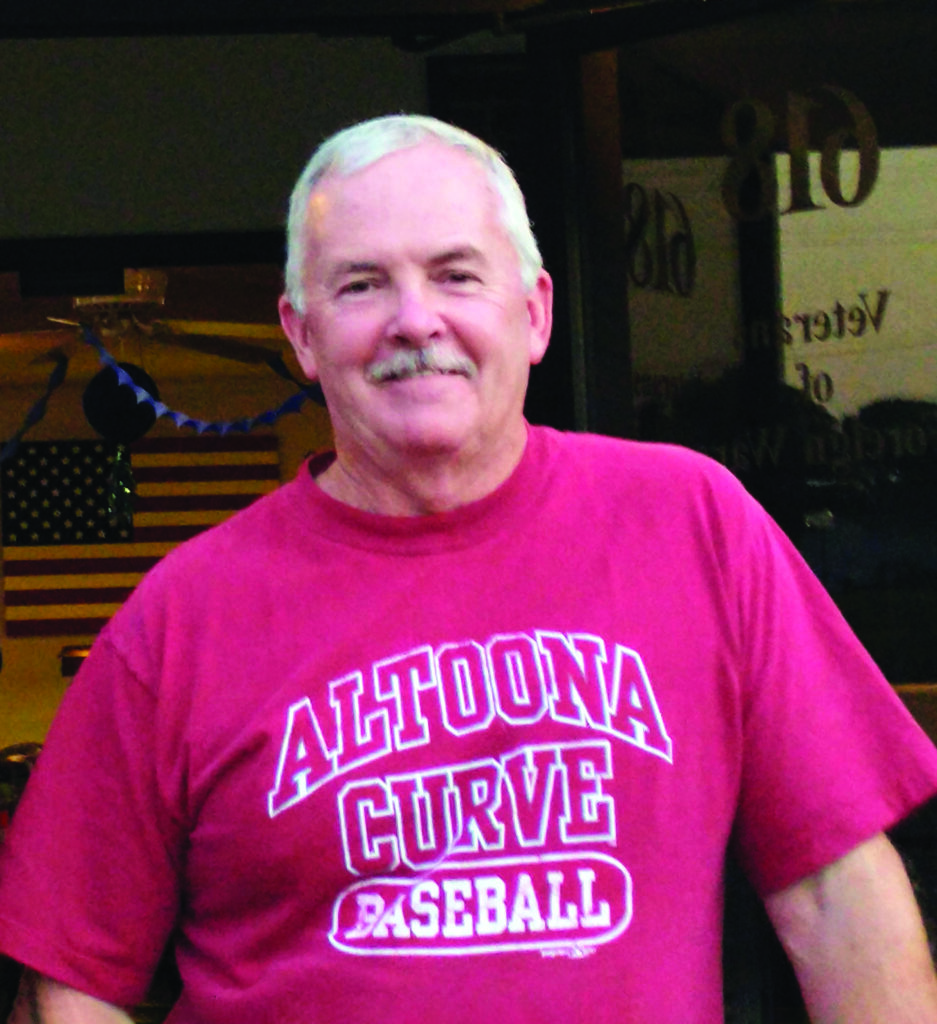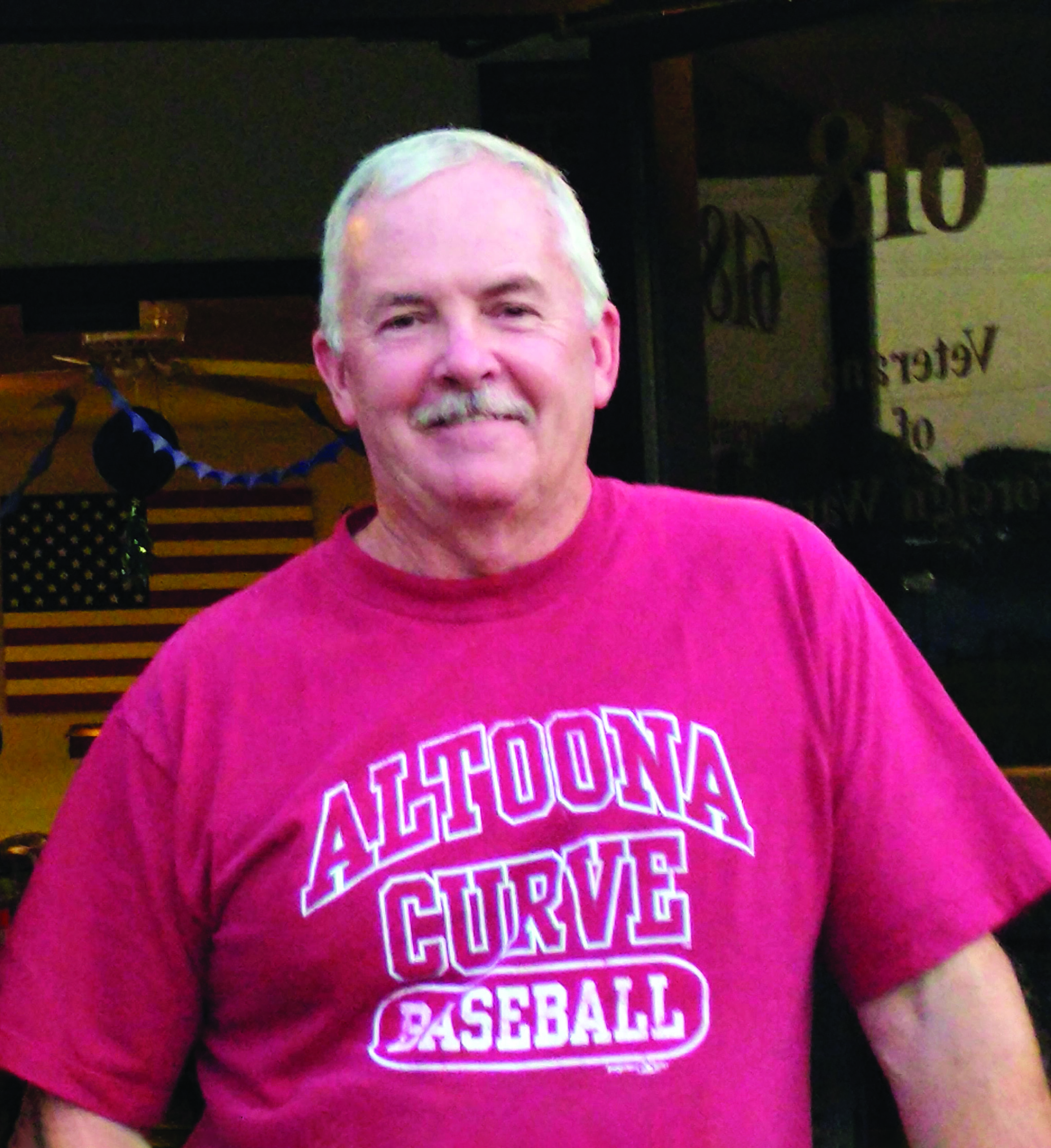The Heart of Kernersville: Dick Dunmire
By NJ Clausen

In November 1919, President Wilson proclaimed November 11 as the first commemoration of Armistice Day following the end of World War I, however following the end of World War II, the 83rd Congress amended the Act of 1938 by striking out the word “Armistice” and inserting in its place the word “Veterans.” With the approval of this legislation on June 1, 1954, November 11th became a day to honor American veterans of all wars. To all those who have served, a heartfelt THANK YOU. Allow me to introduce you to Army veteran Richard “Dick” Dunmire.
Born and raised in western Pennsylvania, Dick served as a non-commissioned officer in the Army during the 1970’s. Dick descends from a long line of Army veterans and followed in the family tradition. His aunt had done an in-depth genealogy study and had discovered that there was a family member who had served in the Revolutionary War. Dick observed that it took a lot of guts for this relative, who had traveled from Scotland on a wooden ship in 1723 and worked his way across the Atlantic as a cabin boy, to relocate to a place where he had no family or friends.
When asked about the most important life lessons Dick had learned, the first lesson he shared was to not take life too lightly. Dick recounted his senior year in high school, where he needed one credit to graduate. A class in typing was offered, and he thought to himself ‘How hard could that be?’… and learned the answer when the teacher taught the class with typewriters that had no numbers or letters on them! While in the 6th week of basic training during the time when Vietnam was an active area of engagement, the instructor asked, ‘Can anybody type?’ Dick and 4 others raised their hands. The five were sent to clerical school in Kentucky, and everyone else was sent to infantry training in Louisiana. Dick was sent to two other locations for additional training and mused that it is funny how things work out. That typing class paved the way for military clerical work in Okinawa and enabled him to visit the Philippines and Thailand. Dick spoke enthusiastically of the amazing pagodas in Thailand which he described as absolutely beautiful, however he also remembered learning what real poverty was, as he described the thatched huts people lived in with 3 sides and an open front– built on stilts to keep the tigers and cobras out.
The second important life lesson Dick shared was to not take life for granted, because it can end quickly. When Dick finished his time in the Army, they were processing people very quickly, and they did not have time to change out of uniform. He remembers walking through the airport terminal and having people stare at him in anger, ‘throwing daggers out of their eyes’. His brother had a totally different reception when he returned from Saigon to New York City, where he and his buddies were welcomed. Dick acknowledged that being in the military in the 1970’s was not a really good place to be, but he feels it is so much better now and that those who serve are much more appreciated for what they do.
When asked what he would like to share with young adults, Dick said that if they are having trouble figuring out what they would like to do with their life, the military is a good place to start…there are so many opportunities. Dick enrolled in college after he was out of the military and while other freshmen were still discussing their senior prom, he had the years of experience between him and his senior year. While he did not have a lot in common with them, he does have a great deal in common with the veterans he spends time with at the VFW. Dick avows that at the VFW there is a lot of camaraderie, good people, and that it is a place where people who have military experience can sit and talk to other people who have the same experience.
Dick started his college career in pre-med, but quickly discovered that was not the path for him. He procured a degree in Industrial Safety Management and spent 40 years as an EHS (Environment Health and Safety) Manager. From an environmental standpoint, he learned how difficult it is to comply with a lot of the regulations in the US to get rid of a lot of waste material. An example Dick gave was of the back window of a car. The grid work on this window has close to 30% lead, so it cannot go into a regular landfill—it must go into a secure hazardous waste landfill. When asked what the average individual could do to help the environment, Dick responded, “Recycle!”
A Kernersville resident since 1995, Dick feels that Kernersville is an awesome place to live and raise a family. Dick has lived in 8 different places in his life. If anyone asks him where the best place is he has lived, he responds that he is here. This is home.

